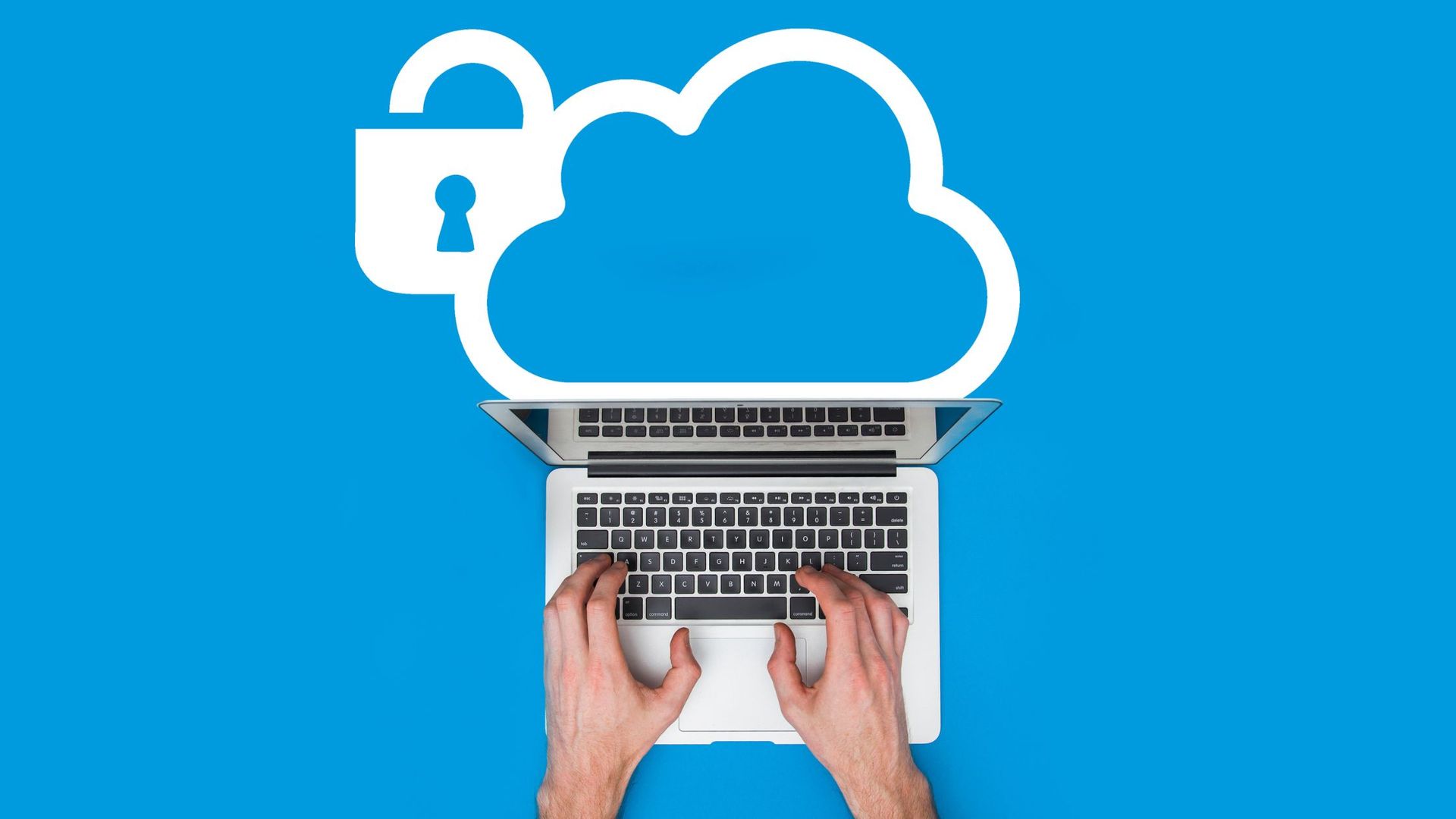Unveiling the Realities of VoIP Privacy for Informed Choices
Essex County, VoIP's allure is undeniable: cost savings, flexibility, and feature-rich communication compared to traditional phone lines. Yet, privacy concerns linger. You're asking, "Are VoIP calls private?" Let's move beyond the headlines and explore the realities of VoIP privacy in the context of your specific needs.
Understanding the Landscape:
- Privacy isn't binary. Just like traditional phone lines, VoIP calls have inherent vulnerabilities, but encryption and responsible practices significantly enhance privacy.
- Encryption is your shield: Look for providers offering end-to-end encryption, scrambling your voice data, making it unreadable even if intercepted.
- Provider choice matters: Choose providers with a proven track record of security, transparent data handling practices, and compliance with relevant regulations.
Matching Your Needs with Security:
- Basic communication: For casual calls with low privacy concerns, standard encryption offered by most providers might suffice.
- Sensitive information: If you handle confidential data, prioritize providers with advanced security features like multi-factor authentication and data loss prevention.
- Industry-specific regulations: Understand and comply with data privacy regulations relevant to your sector. Many VoIP providers offer solutions tailored to specific industries.
Taking Control of Privacy:
- Educate yourself: Learn about common VoIP security threats and best practices like avoiding public Wi-Fi for sensitive calls and keeping software updated.
- Ask the right questions: During your research, inquire about providers' specific security features, encryption protocols, and data handling practices.
- Consider independent audits: Look for security audits and reviews conducted by independent third-party experts for unbiased insights into provider security posture.
Beyond the Basics:
- Two-factor authentication: Adds an extra layer of security by requiring a second verification step beyond your password.
- Data retention policies: Understand how long your call data is stored and under what conditions it can be accessed.
- Disaster recovery plans: Ensure your provider has robust plans to protect your data in case of unforeseen events.
Making the Informed Choice:
- Prioritize providers that align with your needs. Compare security features, data handling practices, and compliance with relevant regulations.
- Don't hesitate to negotiate: If security is paramount, inquire about additional security measures or customized solutions to meet your specific requirements.
- Trial runs are valuable: Consider free trials or introductory plans to test the platform's security features and user experience firsthand.

Essex County, the aim of this article is all about preparation for making informed choices. By understanding the nuances of VoIP privacy, asking the right questions, and selecting a provider aligned with your security needs, you can confidently unlock the benefits of VoIP communication without compromising privacy.



